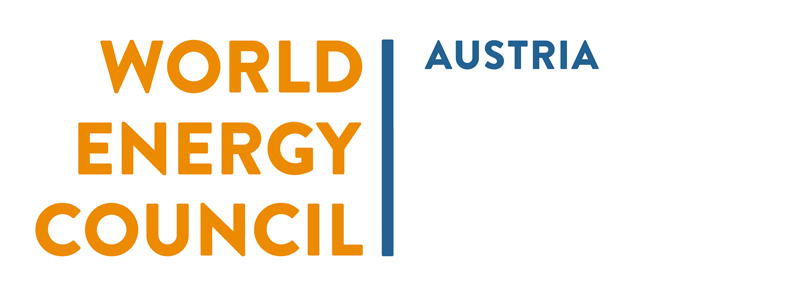The energy transition, which entails a fundamental change in the energy supply system, creates new challenges for transmission system operators. In the past, a few large power plants in the transmission grid were responsible for the central provision of energy. Due to the expansion of renewable energies, the number of […]
Mehr erfahren
As the global electricity systems are shaped by decentralisation, digitalisation and decarbonisation, the World Energy Council’s Innovation Insights Briefs explore the new frontiers in energy transitions and the challenges of keeping pace with fast moving developments. We use leadership interviews to map the state of play and case studies across […]
Mehr erfahren
The World Energy Scenarios 2019 report provides an update of the Council’s global energy scenarios. The three musically-named scenarios are: Modern Jazz, which represents a “digitally disrupted” and market-driven innovative world. Unfinished Symphony, a future in which more “intelligent” and circular economic growth models drive clean, affordable and sustainable […]
Mehr erfahren
The energy sector is experiencing a transformation, new synergies are being realised through linking operational, information technology, and communication systems: the sector’s digital footprint is rapidly expanding. Digitalisation and the development and transformation of energy supply chains are at the core of many government and businesses priorities. At the same […]
Mehr erfahren
A perfect storm of factors is upending the traditional energy industry’s economics. In the face of this roiling change, energy companies can no longer proceed with business as usual. Their survival hinges on a bold rethinking of their business and operating models. energy companies will not only need to transform […]
Mehr erfahren
The World Energy Council has launched an exclusive Innovation Insights Brief: Energy Infrastructure: Affordability Enabler or Decarbonisation Constraint? The brief contains key insights from interviews with global leaders across the energy sector. Transitioning to a decarbonised energy system will result in stranded infrastructure assets or lead to their early decommissioning. […]
Mehr erfahren
The World Energy Council launched the Innovation Insights Brief: “New Hydrogen Economy – hope or hype?”. The brief contains exclusive insights based on interviews with the key global leaders across the energy sector. Interviewees answered the questions about what is new and what are the critical factors for hydrogen as […]
Mehr erfahren
In anticipation of the 24th World Energy Congress, the Council is refreshing its global energy foresight and updating its global scenarios narratives. The focus is on an ‘innovation twist to 2040’ and the use of scenarios to explore and navigate new exponential growth opportunities for accelerating successful energy transition in […]
Mehr erfahren
The blockchain in the energy market has the first hype behind it. The technology is being used in more and more (pilot) projects, such as decentralised supply models (P2P). But is the regulatory framework in the energy market already fit for blockchain? Where changes may be necessary to raise further […]
Mehr erfahren
This WEC White Paper looks at the potential of Blockchain Technology for the energy sector. Although blockchain is gaining wide-spread acknowledgement and use in the sector, there are still a number of uncertainties surrounding the technology and a combination of technological, regulatory and other practical challenges could stall its growth. […]
Mehr erfahren
